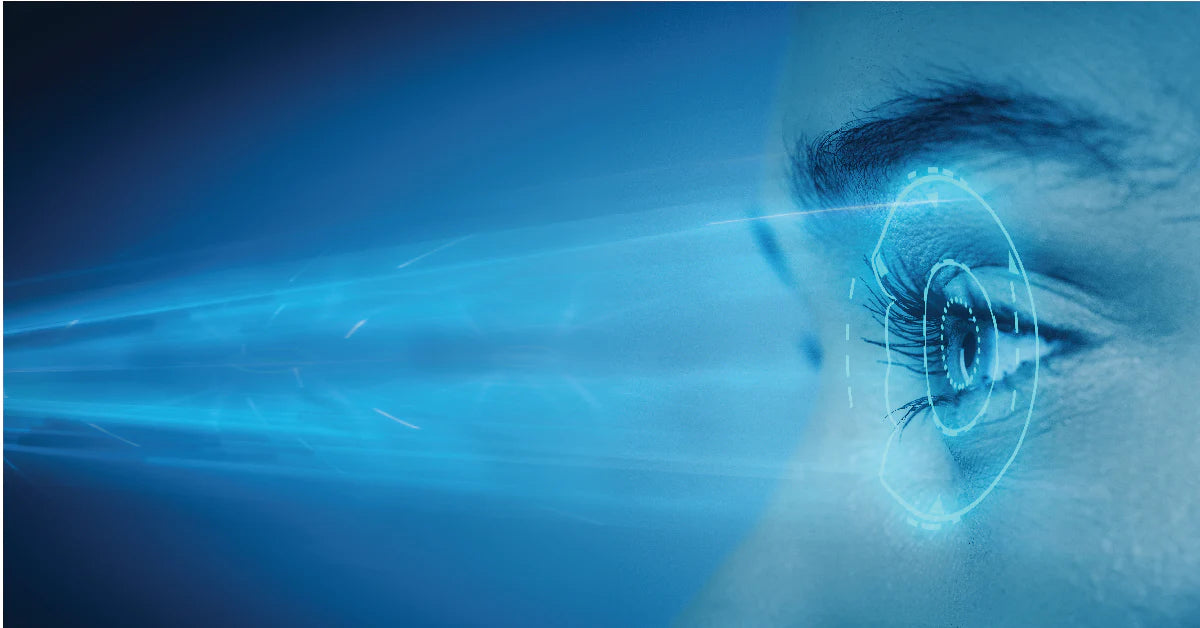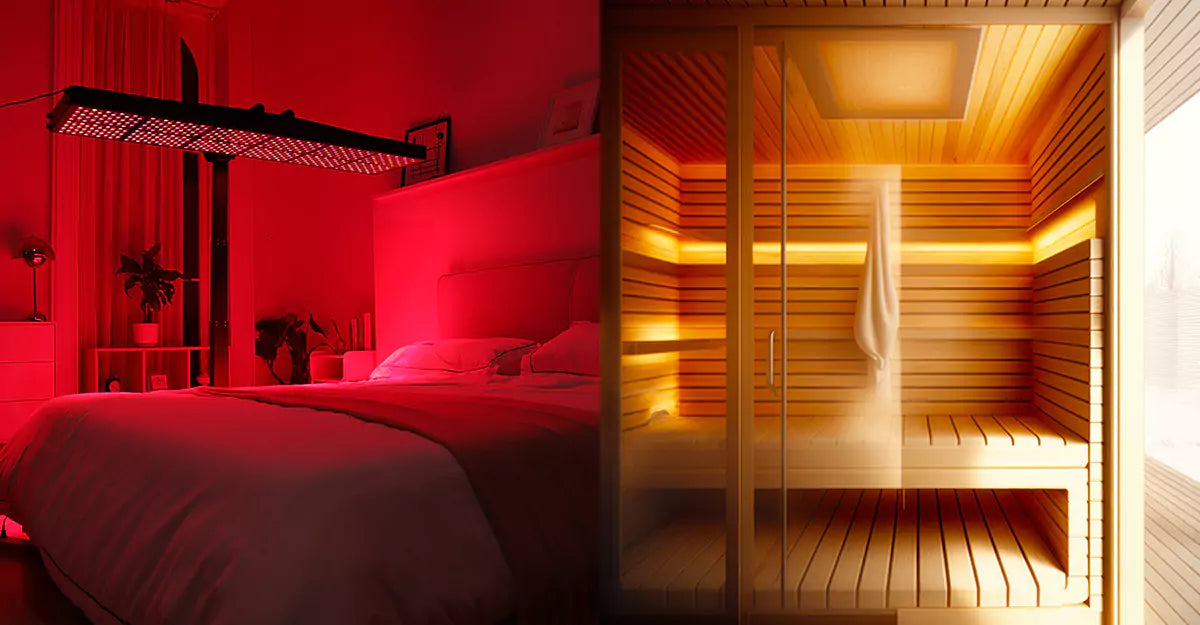A common component of light from screens and morning sunlight, blue light has a significant effect on our body by stimulating the production of ACTH (adrenocorticotropic hormone). This hormone subsequently increases cortisol levels, which leads to an increase in blood glucose levels. But did you know that with the dawn, UV radiation is added to the blue and red light? UV radiation has the ability to break down cortisol and lower blood sugar levels. This effect can even be seen on your hair!
Negative effects of excess cortisol
A lack of sunlight and an excess of blue light can lead to chronically high levels of cortisol, which has a number of negative consequences for our health:
• Anxiety and depression: High levels of cortisol are associated with higher levels of anxiety and depressive states.
• Weight gain and diabetes: Cortisol directly affects glucose metabolism and can contribute to weight gain and the development of type 2 diabetes.
• Acne and thin skin: Hormonal imbalances caused by cortisol can lead to skin problems such as acne or thinning of the skin.
• Weakening of bones: Long-term high levels of this hormone can cause weaken bone mass and increase the risk of osteoporosis.
• Hair thinning and graying: Cortisol can affect hair quality and pigmentation, leading to to their thinning and graying.
• Insomnia: Hormonal changes can disrupt sleep cycles, leading to problems with insomnia.
The role of UV light
However, adding UV light to blue and red light in the morning has positive effects by helping to break down excess cortisol. This results in lower blood sugar levels and can help mitigate some of the health problems mentioned above.
This finding highlights the importance of natural daylight for our health and shows why we should limit our exposure to artificial light, especially in the evening when the body needs to regenerate and reduce cortisol levels naturally. Adequate exposure to UV light, especially in the morning hours, can be one of the keys to better health and balanced hormonal levels.





Leave a comment
This site is protected by hCaptcha and the hCaptcha Privacy Policy and Terms of Service apply.